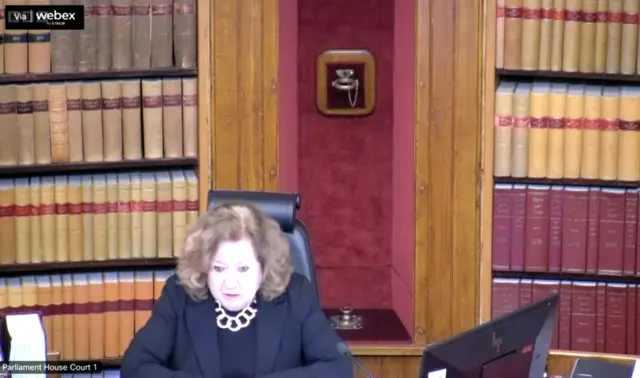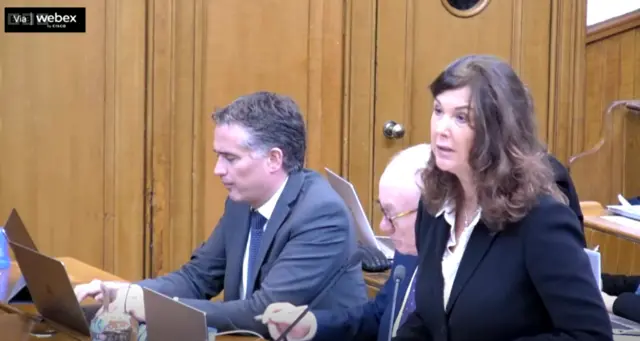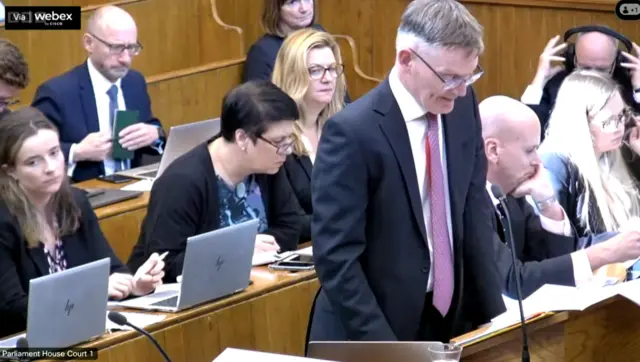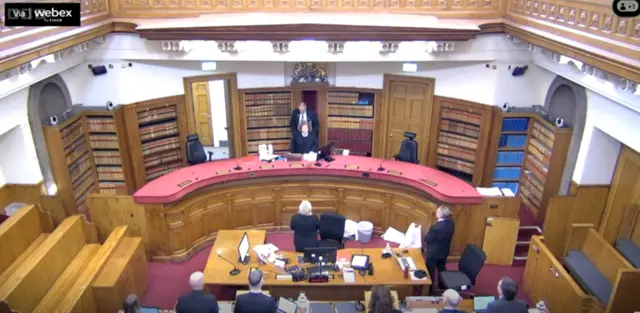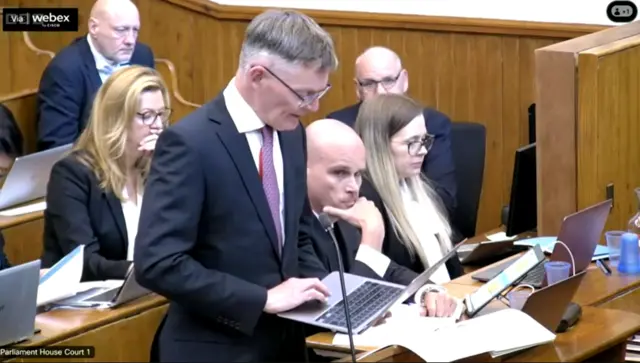Gender Recognition Reform: The headlinespublished at 16:25 BST 20 September 2023
That's all from our live page. Here's the headlines from today:
- Judge Lady Haldane has retired to consider whether the UK government was within its rights to veto the Gender Recognition Reform Bill passed at Holyrood
- The judge is expected to take some weeks to consider her ruling.
- Earlier David Johnston KC insisted the UK government's decision to block Holyrood gender recognition reforms was in "no way unconstitutional"
- Johnston urged the court to reject the Scottish government's petition
- He rejected claims using a Section 35 Order could undermine key constitutional principles or "rub against them"
- The Section 35 Order is not a "broad or unfettered power" he added
- The UK government has raised concerns about the impact of the legislation on Britain-wide equality laws
- Scottish ministers are aiming to overturn the decision
- Lord Advocate Dorothy Bain KC said the veto was unlawful and irrational



